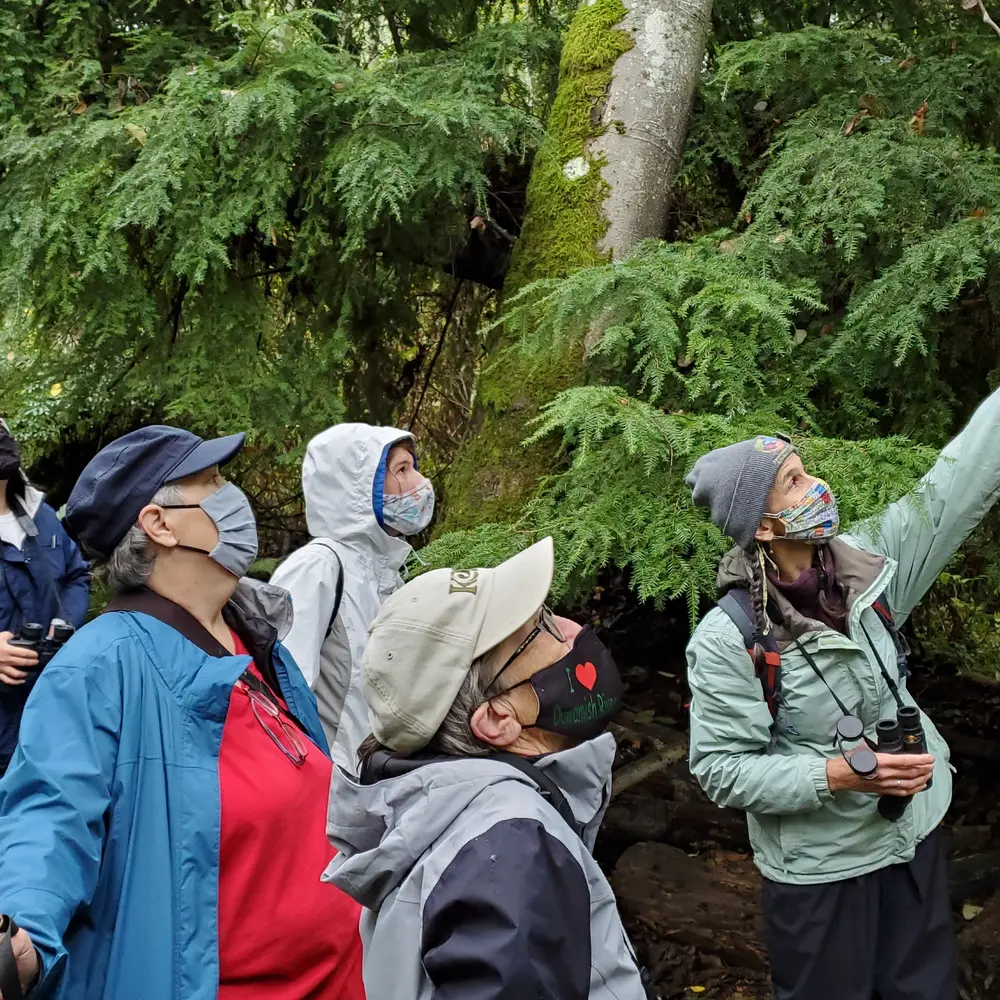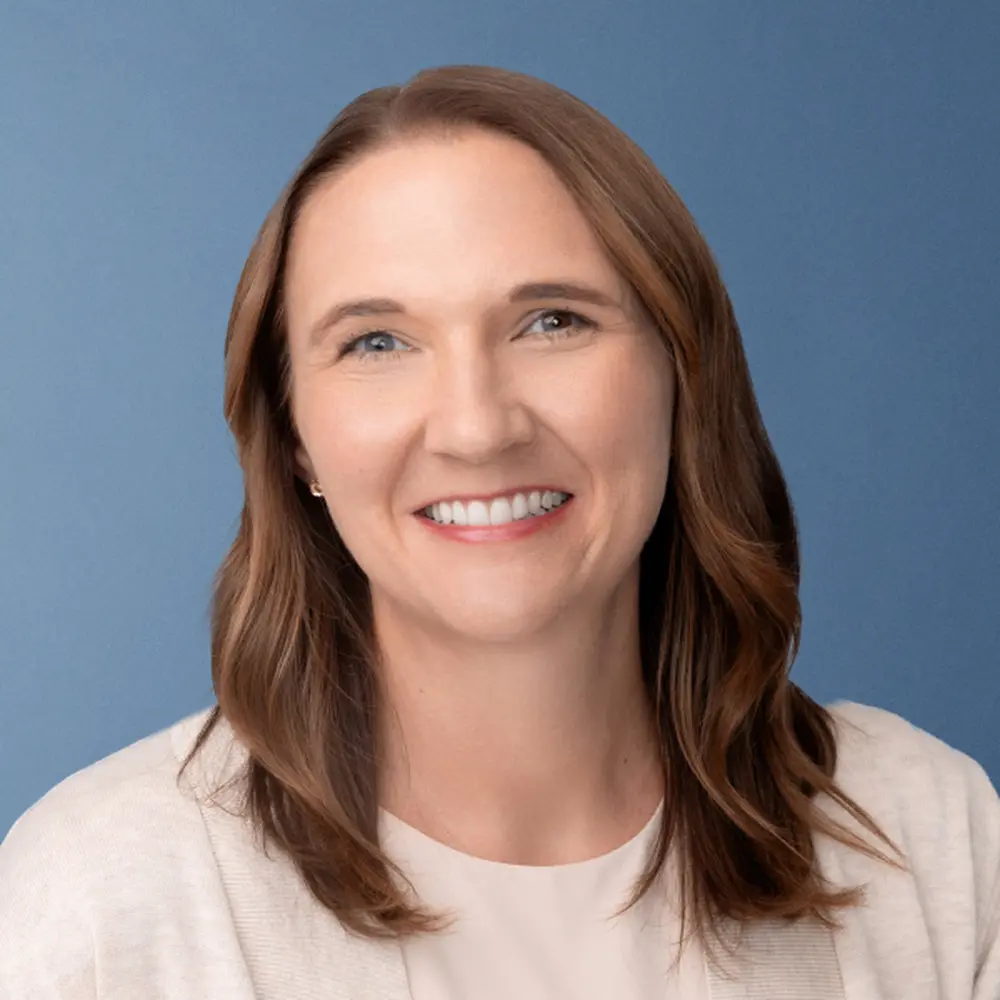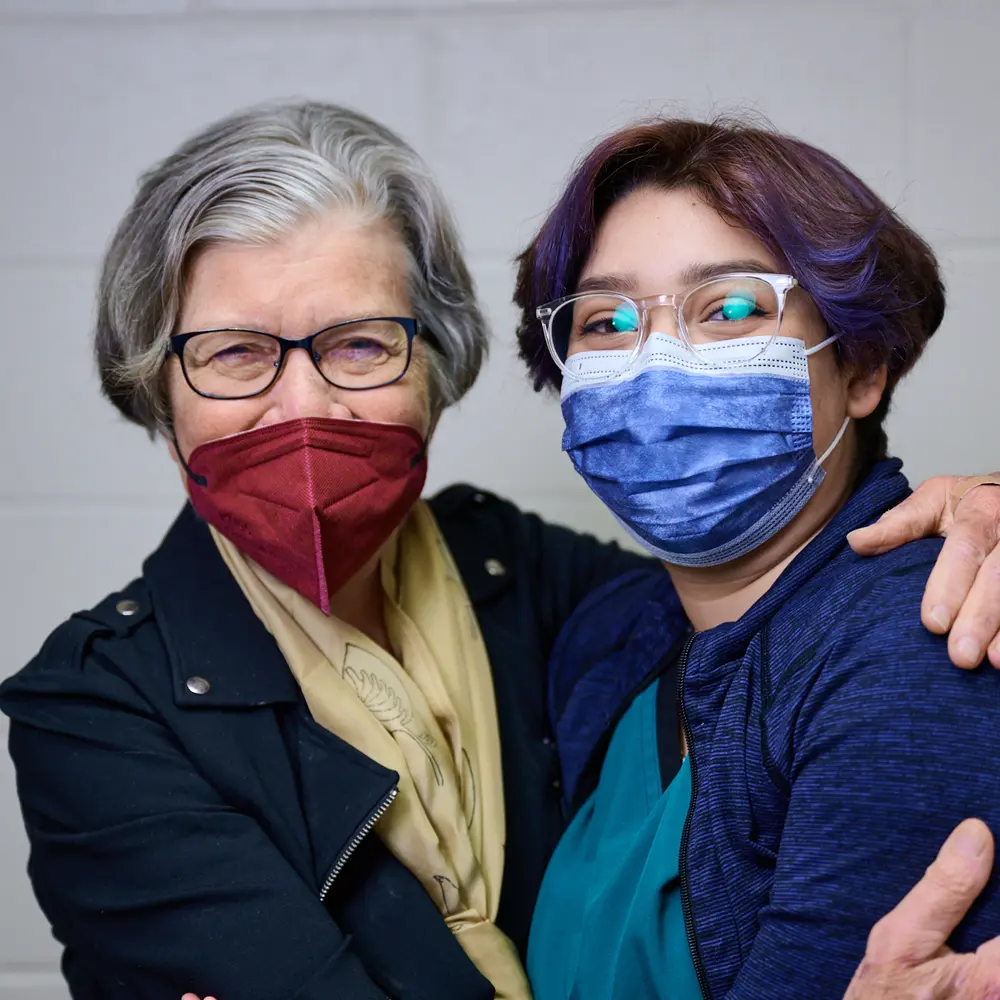Established in 2006, the Vision and Call internship program is built on the belief that life’s longer lessons, the ideas that shape commitment and souls, are often best learned through an apprenticeship experience and worked out through a community of mentors and peers. Each internship experience is expected to incorporate six essentials elements. In a special blog post series, current Vision and Call organizational leaders share their insight into the value and importance of these essential elements.
Today’s guest post is by Eric Basye, Executive Director, CLDI shares insight regarding Essential 6 – The Opportunities to Integrate with Larger Movements and Emerging Leaders.

Generational divides can often create friction in the workplace. If you were to search online today, you would undoubtedly find countless articles extolling the differences between Baby Boomers, Gen Xers, Millennials and Gen Zers, with particular emphasis on the differences between these cohorts as they approach the professional space. However, as I go about my daily work, I find two reasons for optimism for our future. On one hand, I see the passion younger generations have for meaningful connection and their recognition of the value that comes from serving a greater good. And on the other hand, I see a great connection that weaves across generations through the infusion of faith and common desire to serve God.
Traditionally, an internship program is an opportunity to introduce an emerging professional to the working practices of a single organization. But the Vision and Call Internship Program goes a step further. While emphasis is placed on understanding and serving the intern’s organization, there is an external focus as well.
In truth, all of the organizations participating in the Vision and Call program are contributing to a broader, collaborative mission of community service and faith. The work of these individuals and organizations shares both a passion to serve and support the needs of our communities, but also a desire to be part of a greater work, beyond the organization, as it is focused on building and raising up emerging leaders with Kingdom vision who in turn seek the Lord to "do” the works He has set before them (Eph. 2:10). In that mindset, interns share a deep, rich bond with those employees at their own organization but also with fellow interns across Vision and Call organizations and the faith community.
As organizational leaders, we have a unique opportunity to strengthen these roots in both service and faith by helping to cast a vision for reimagining the potential of the kingdom and by encouraging deep engagement in these conversations internally and abroad.
Placing an emphasis on this broader network is one way that the Vision and Call program simultaneously strengthens the growth of the individual while also serving the needs of the broader organization.
- Beginning with the Vision and Call community, interns have the opportunity to learn how to build networks and connections that can help serve their own professional growth as well as the work of their organization.
- Interns have the opportunity to see how the work of their organization plays into a broader ecosystem of service and begin to make connections as to how their work may help strengthen the community.
- A diverse community provides interns with a robust knowledge pool to help inform and shape their work.
- This type of engagement also helps reinforce that the work done by an intern on any given day is greater than one individual or one organization.
- Most importantly, this broader community approach provides avenues for connection that can help provide strength and support to the individual as they begin their path of professional service.
Building these relationships when interns are located in separate offices, often in different cities and states can feel challenging. But intentional steps can help facilitate these sorts of conversations and connections through several methods:
- Arranging group and one-on-one coffee meetings and happy hours over Zoom or another video conferencing platform.
- Establishing group chat threads on social media platforms like Facebook.
- Helping facilitate connections between an intern and an established nonprofit leader for an ongoing mentorship conversation.
- Inviting interns to connect on LinkedIn with one another and with experienced leaders in the field.
There is a reason that we almost always describe the church and groups of faith as a community. While we all walk our own paths, we share common values, common bonds and we are stronger and our impact greater when we work together. Finding opportunities to reinforce this and help emerging professionals who may feel overwhelmed in their first days outside of a school environment find that oh so important connection to others can be an invaluable element of a successful professional life.
The post Vision and Call Essentials – The Opportunities to Integrate with Larger Movements and Emerging Leaders appeared first on M. J. Murdock Charitable Trust.







